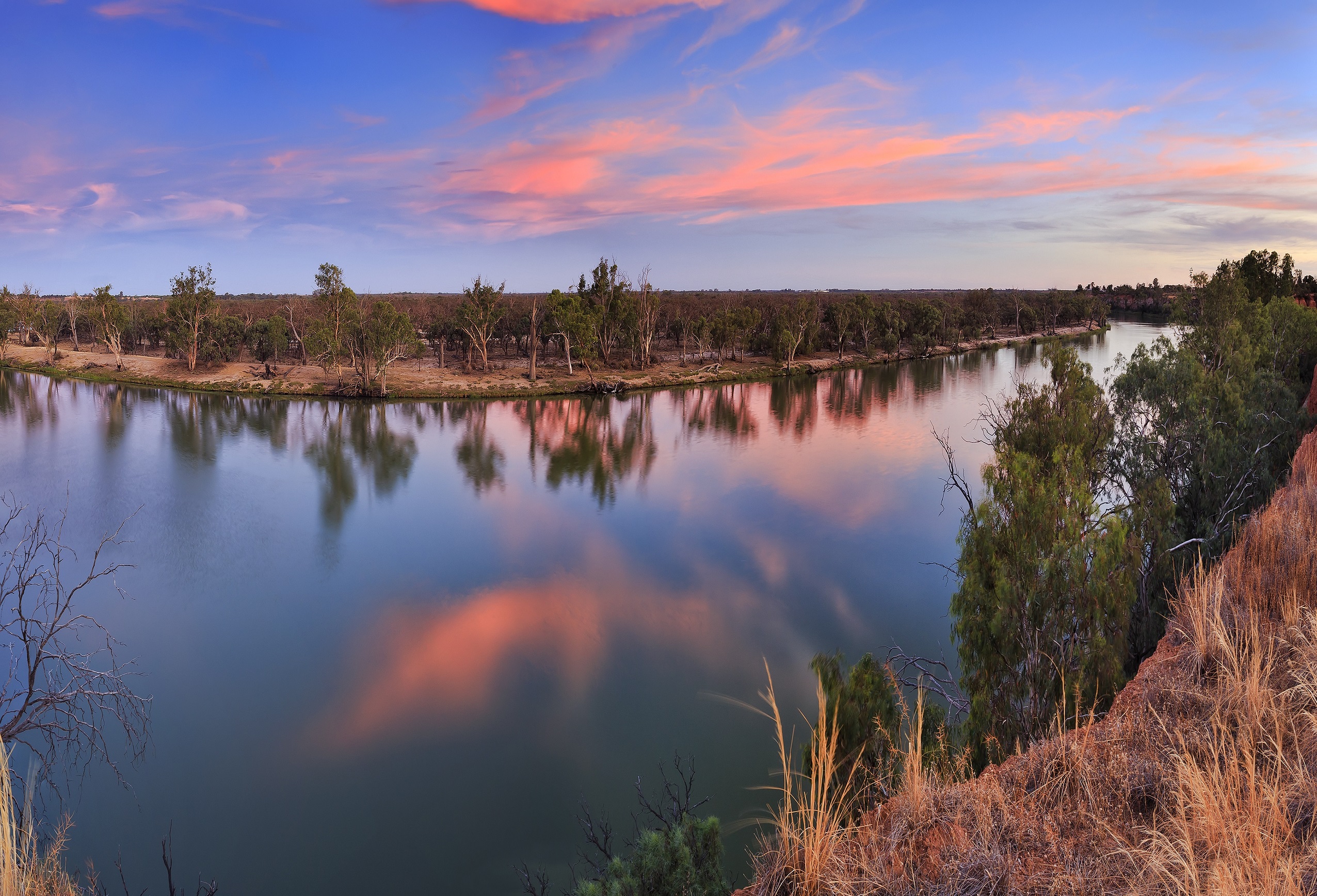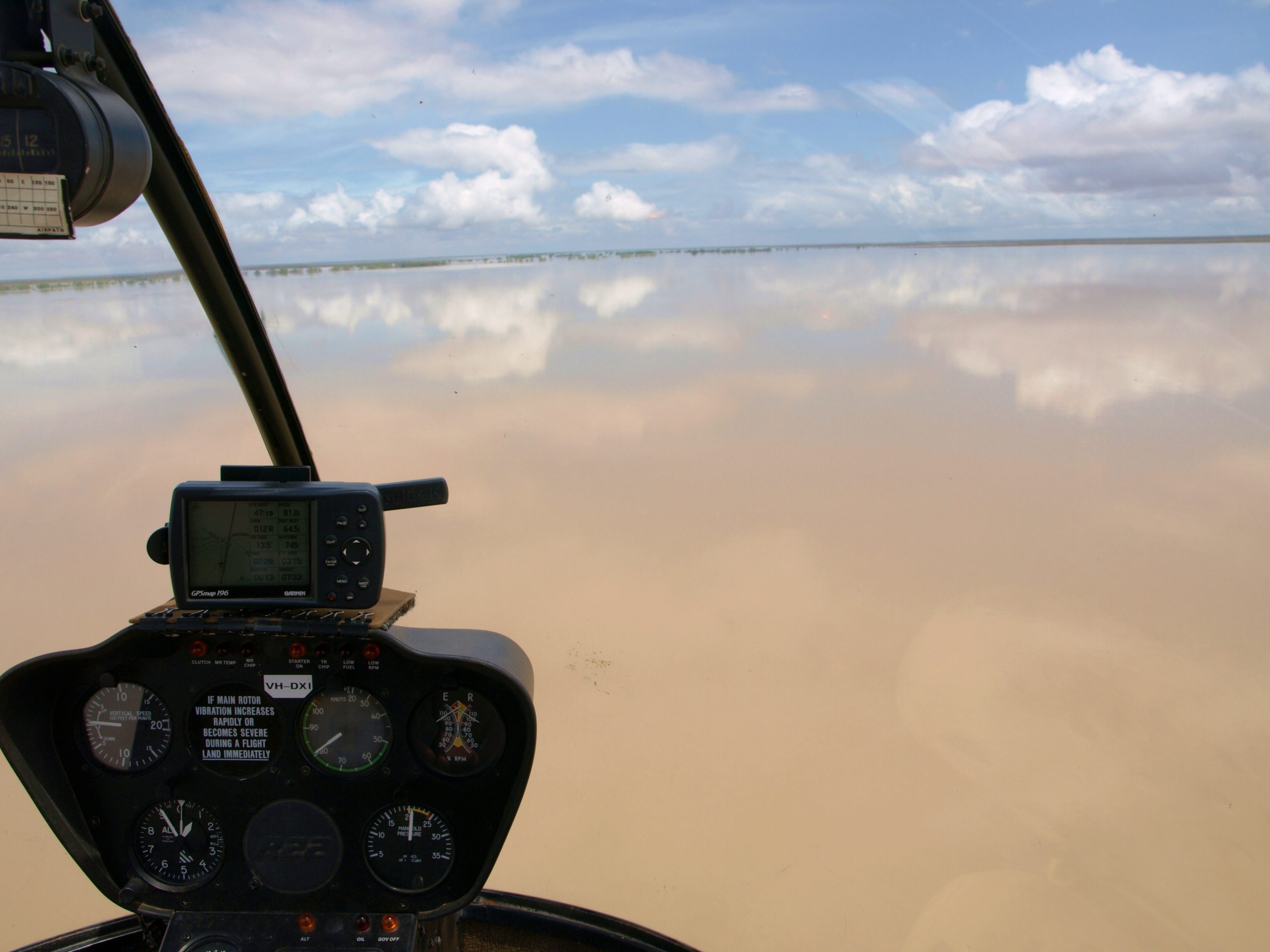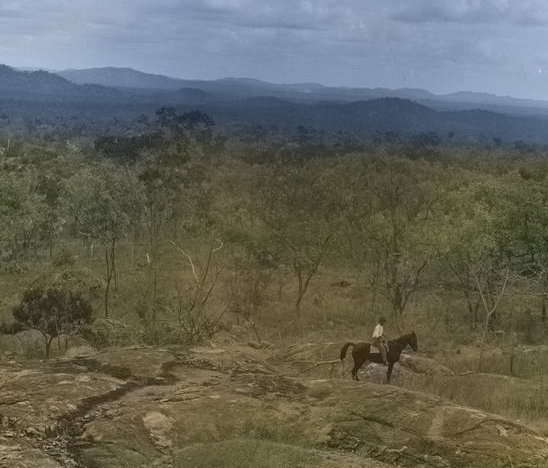Bound by light chains and an iron collar, Joe rode just behind the two policemen, deep in a state of bitter recrimination and disbelief. The horse he’d been given was flat from work, and Stott constantly wheeled back to slap it encouragingly on the rump with a switch.
‘There’ll be nae hanging back an’ trying to run fer it,’ warned the Scotsman, lifting a clay pipe from his lips with one hand, and gripping the reins with the other. ‘I ken ever’ trick in the book, even tae ones that ‘aven’t been invented yet.’
That first day they followed the Hodgson River up to the junction, often at a distance to avoid rugged riverside hills, finally reaching Roper Bar after dark. Joe spent the night in the lock-up there alone, pacing the cell from back to front, looking for a weak point he could exploit to escape.
Meanwhile, Stott and Haedge celebrated the arrest with whisky and loud singing from the police quarters just a stone’s throw away. By morning Joe’s fingernails were bloody from trying to prise sheets of tin away from the cypress frame, and his eyes had sunk deep in their sockets.
Joe’s hosts slept late, and from dawn onwards, local ne’er-do-wells, brumby runners, unemployed ringers and seamen from a barque at anchor in the river came to look through the peephole at the caged fugitive. They made comments about the colour of his skin, his downcast mien, and the circumstances of his crimes, while Joe hissed at them from the shadows at the back of the cell.
Around ten-thirty the policemen rose, chased the sight-seers away and packed for a long ride to Palmerston. Joe was fed and exercised outside. He again submitted to the chains, though he was given a change of horse.
‘Mount up an’ let’s ride,’ shouted Stott. ‘We’re Palmerston bound, to deliver a true rascal onto the scales of justice.’
Joe’s chains stayed on all through the afternoon, as they followed the river track westwards. On the Roper’s south bank, near the towering bluff faces of Mount McMinn, the party stopped for the day, in a campsite that had been used by drovers and other travellers for at least a decade, and for perhaps fifty thousand years before that by the Mangarayi people of the Middle Roper lands.
It was a picturesque bend of the river – a safe crossing place – with the channel narrowing around a bar and sand spit on the other side. A couple of ‘gators scurried for the water as the mounted party approached. Still with his chains on, Joe was given a shovel and made to dig a latrine for the white men behind some screening bushes.
‘Deeper,’ cried Haedge, covering Joe with his revolver. ‘Put your back into it. No man wants to look at another’s turds while he squats.’
‘It’d be easier without these chains on,’ said Joe.
‘It’d be easier without wastin’ your breath complainin’,’ retorted Haedge.
Joe grunted with effort, and finally finished the hole, passing the spade back to his guard, who shepherded Joe back to camp, where Stott was busy with the trackers, hobbling the plant and relieving the packhorses of their loads.
‘You need a hand there?’ asked Haedge.
‘Nae lad,’ said Stott. ‘We’re all but done.’
Joe saw that Haedge had half turned his back on him. To encourage this carelessness he sat down on a stump near the fire with his head in his hands, looking like he was too fatigued from digging to pose a threat.
After a sharp look back, Haedge moved closer to Stott. ‘I’ll set the prisoner to cooking some tucker then. Might as well keep him being useful – he looks like he’s ready to drop from just a bit a’ spade work.’
If Haedge had not chosen that moment to repeat a dirty joke that had been doing the rounds up in Palmerston, Joe might not have tried anything. The joke, however, ended with both policemen laughing, eyes closed and doubled over.
Taking this opportunity, Joe leapt to his feet and sprinted away, chains jangling as he went. He headed south, away from the river, back along the little detour that they had taken from the main track, then towards the towering, forbidding cliffs of Mount McMinn itself.
Shouts came first, ‘Halt, or I’ll shoot.’
The report of a revolver followed, the slug from which Joe heard collide with a tree trunk some ten paces to his left. The solid boom of a rifle discharge followed soon after, but by then Joe had some distance, into thicker scrub, changing direction, hearing the whinny of a horse back at the camp as a rider prepared to mount.
Joe ran like he had never run before, ignoring the weight of the chains and the drag they made on his muscles, mingling blood with sweat where the collar cut deep. Prison to him seemed worse than death. He could not bear the thought of going back. Not after he had spent so long proving himself at Hodgson River.
The sun was glowing deep red as it dipped into the river valley to the west, and Stott had no choice but to take just one tracker to chase Joe, leaving the other with Haedge to protect the plant. More than a few escapees on foot had been known to double back and cut out a police horse.
‘Thank God there’s a guid moon,’ said Stott, ‘while I fetch this wild boy back.’
‘Take care out there,’ said Haedge.
‘I’ll be back in an hour, with Joe Flick on ‘is blasted knees.’
And Stott rode into the south with the tracker, a strapping Yuruwinga man called Paddy, from the border country around Lake Nash, a fierce and competent figure in his own right.
Paddy was a clever tracker and afraid of nothing. He was also mounted, in the lead, leaning down from his saddle so his eyes were scarcely a yard above the ground. After a half mile he sat up and turned back to Stott. ‘Joe Flick movin’ plenty fast boss.’
‘Then we move faster. The weight o’ the chains will tell on him. We’ll run the cheeky bastard down.’
Over the following hours, the light gradually lessened, until the tracker sometimes lost the spoor and had to find it again. Joe was anti-tracking as best he could in the circumstances, using the wagon-sized boulders of bare stone as thoroughfares to hide his tracks as they neared Mount McMinn itself.
‘It’s like he jump into the air himself,’ said Paddy. But the speed of the horses told against a man weighed down with iron.
Stott’s saddle clock was showing close to nine pm, when Paddy hissed that he could hear Joe’s chains close by. The constable slipped from his horse and followed on foot. Now and then they heard the light jingle, but echoes from the stone were deceptive.
A stone flew from nowhere with the speed of bullet, striking the policeman in the small of the back. Stott cried out with pain, then whirled in all directions with his Colt aimed at the night. ‘Where are ye? Are yew a damned ghost.’
The policeman walked onwards, the tracker just a dozen yards ahead. Joe’s right arm had a deadly aim, and uncommon strength. Another swish of air and a stone flew close past the policeman’s ear.
‘I’ll tan yer hide, lad,’ warned Stott, but another stone struck him a glancing blow high in the forearm, almost forcing him to drop the revolver. They were deeper into the broken country beneath the cliffs now, and Stott began to despair, for if the country grew any tougher they would be forced to leave the horses.
Paddy, however, walked back and handed the reins of his horse to Stott, then leaned down to whisper in his ear. ‘Joe Flick up there on the rocks. Me-feller go up an’ flush him out. Wait, then by ‘n’ by go on – all the same ready.’
While Paddy climbed up a rough staircase of sandstone, expertly picking his way around a wild tangle of turkey bush and stone, Stott tethered both horses to a nearby branch, then walked slowly on. Every sense was alive, waiting for the stone that might fly from the darkness and strike him down.
Then, emerging from between two slabs of rock, Stott found himself on the edge of a clearing. A moment later there came the thump of a jumping man landing, the clang of chains, then Joe running across that moonlit space.
‘Stop, in the Queen’s name,’ called Stott.
When Joe failed to stop Stott fired twice above his head. This not being effective he took careful aim at Joe’s back. At extreme pistol range, and in bad light, his bullet was guided only by good luck. There was the thump of a slug striking flesh, a cry, and the sight of Joe crumpling to the ground.
‘Got him,’ exulted Stott. He hurried forward with the gun raised. Joe lay in a patch of bloody, dry grass, writhing like a clubbed goanna, wounded in the back. Stott kicked him in the side of the head.
‘Lay still, you young cur.’
Paddy came up beside the policeman, and the two men, white and black, stood over Joe’s injured form. Both were thinking the same thoughts. That it would be so easy to put one more bullet in Joe. Dig a shallow grave and save everyone a great deal of trouble.
Stott, however, believed in operating by the book. When Joe’s struggles subsided, the constable knelt and took a cursory look at the wound, and plugged it with a handful of dirt from a termite hill. ‘It doesn’t look mortal,’ he commented. ‘We’ll fetch him back to camp.’
The two men laid Joe’s shaking, bleeding body over Paddy’s horse, and thus carried him five miles back to camp. Joe was shivering with shock, pale in the firelight as they propped him against a tree with a blanket draped all the way up to his chin.
‘He looks near jiggered,’ Haedge commented.
‘Not yet. But he’s lost a pint or two of blood.’
Joe’s eyes opened and he saw his captors around the firelight, felt the chains that still bound him, and at that moment he wished with all his heart that Stott’s bullet had found his heart.
Continues next Sunday
© 2019 Greg Barron


